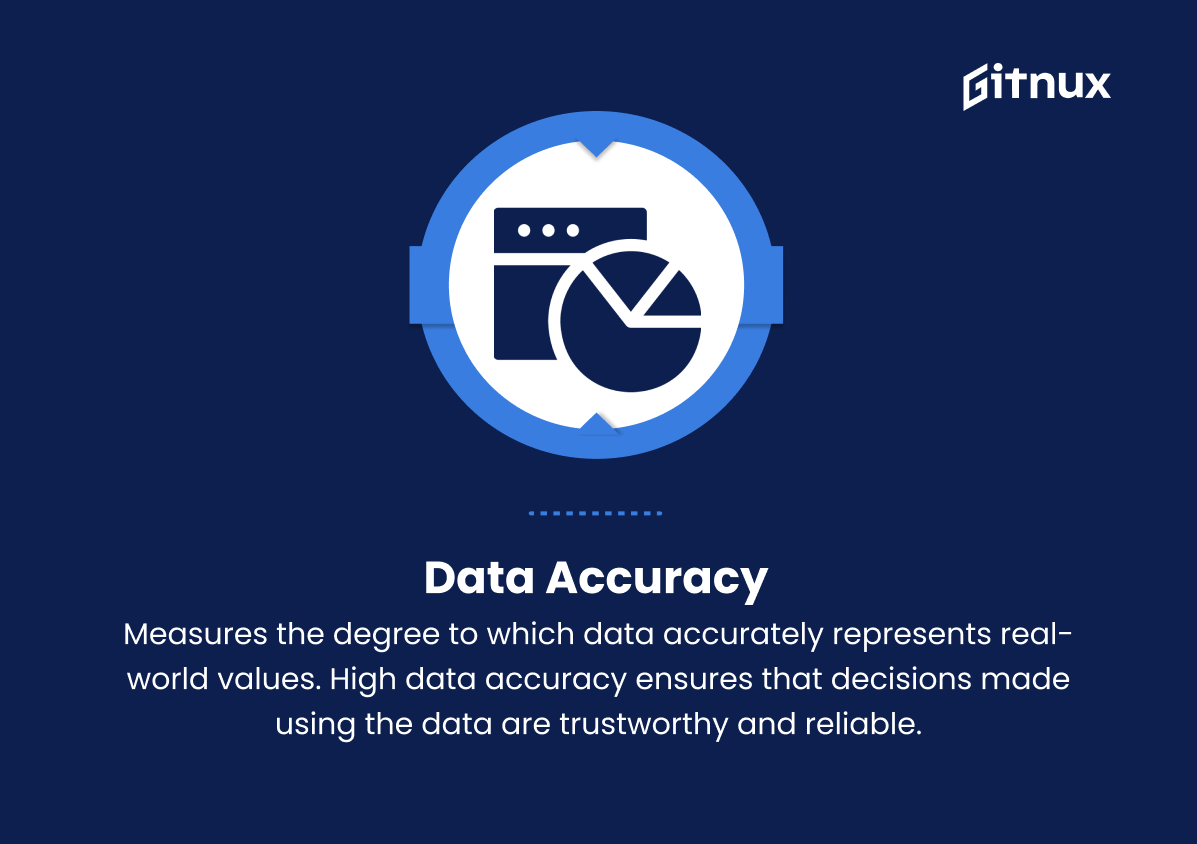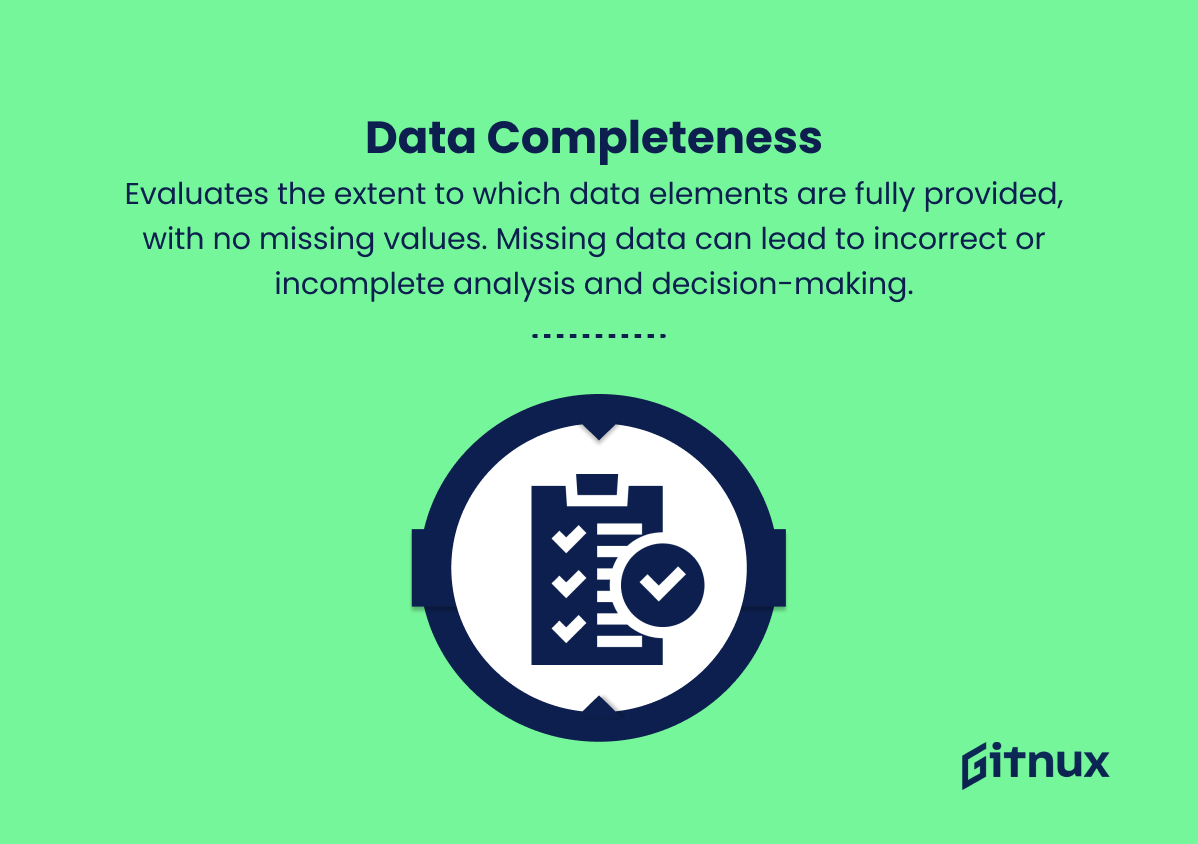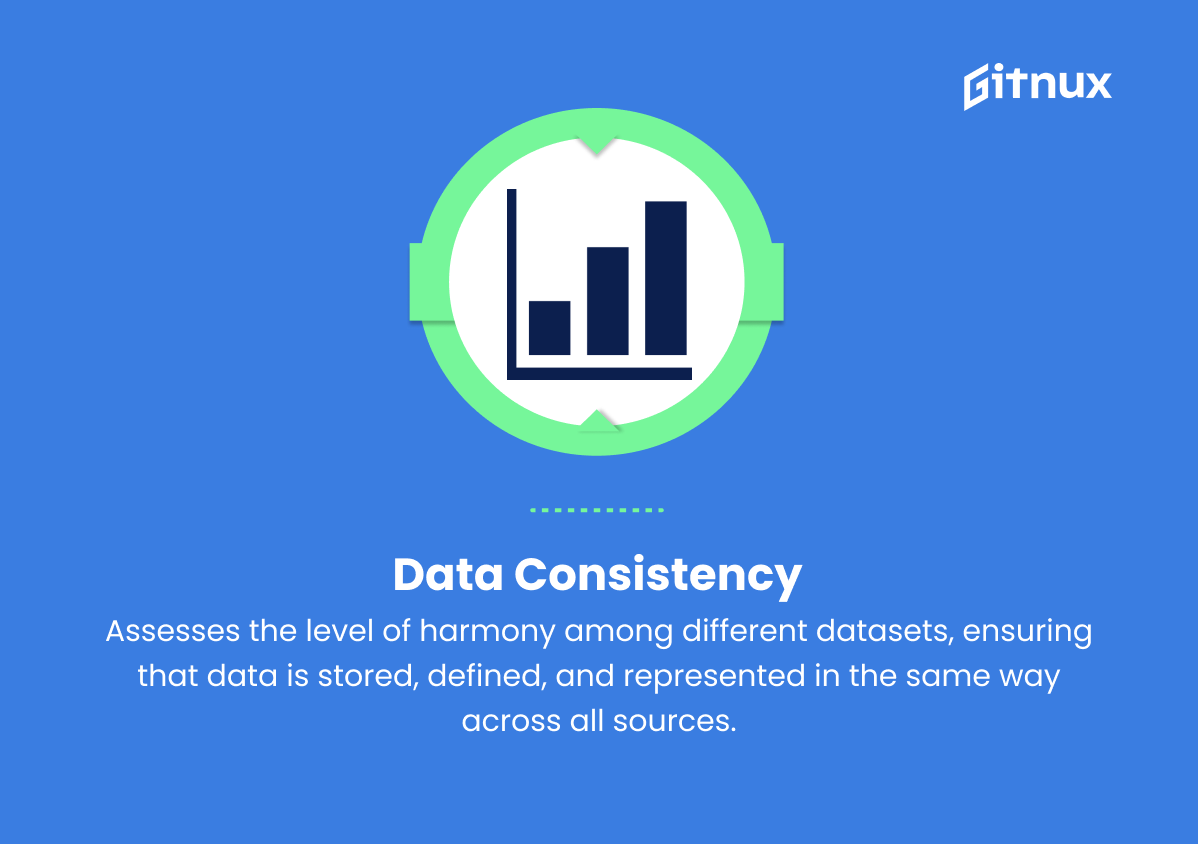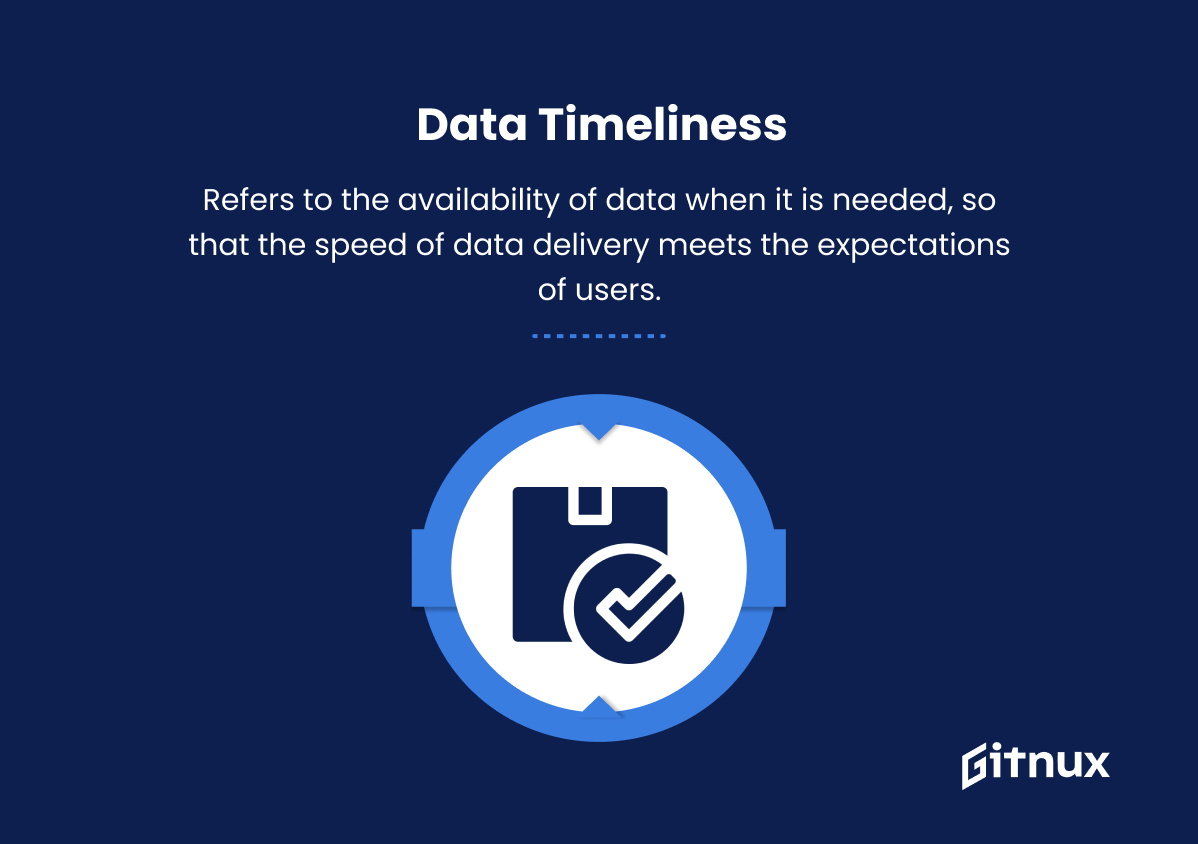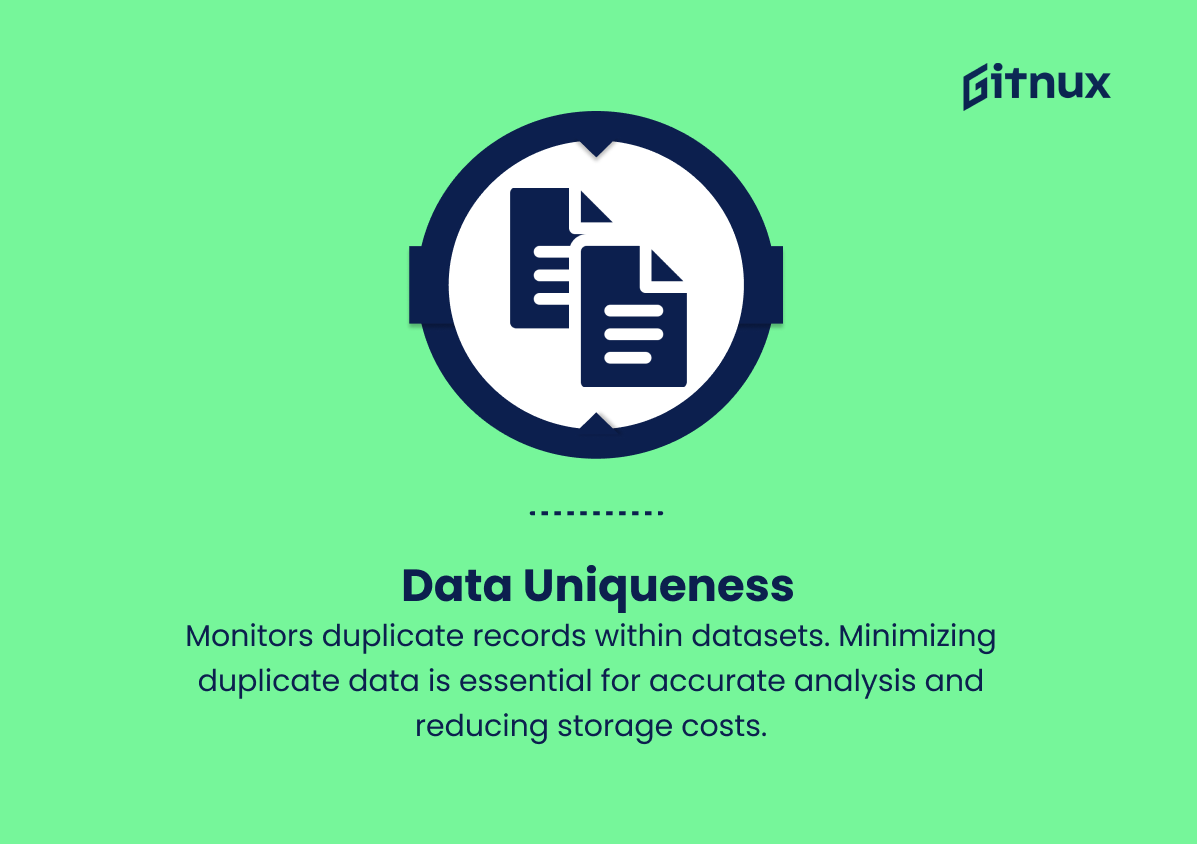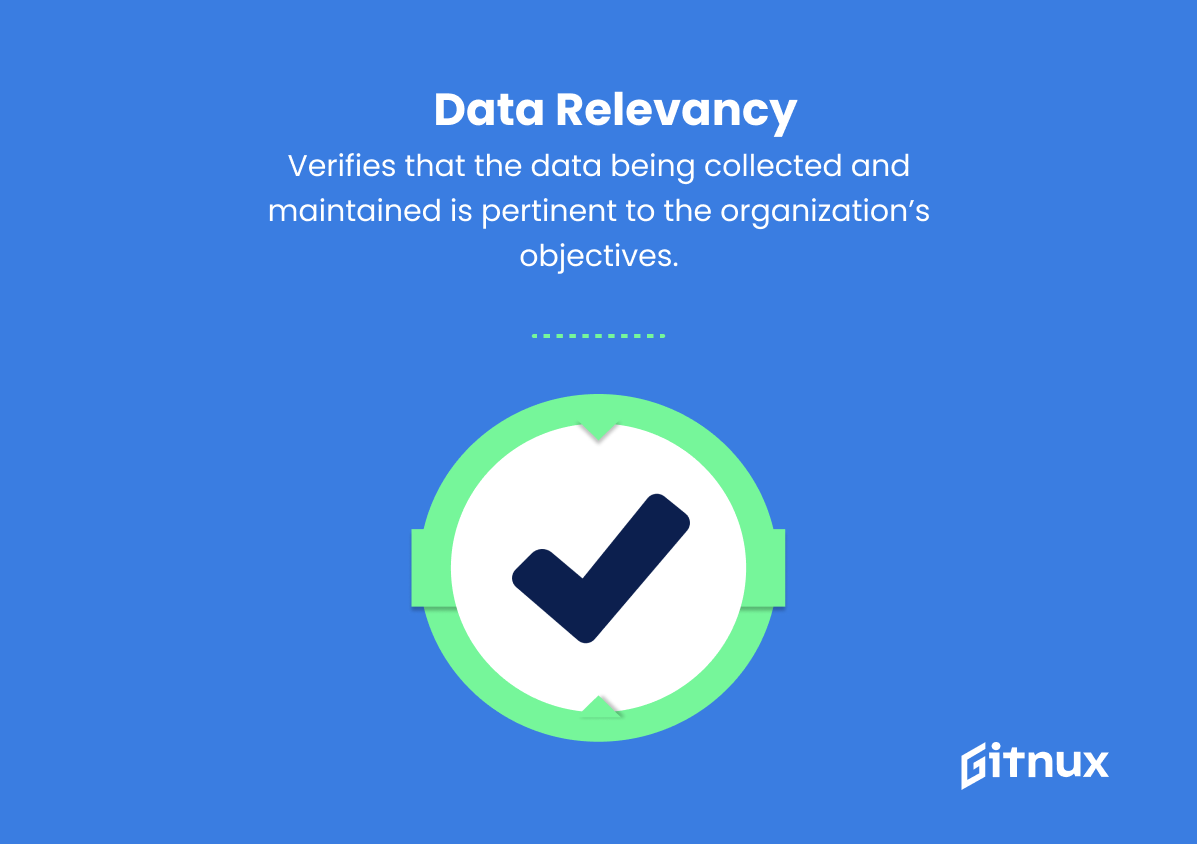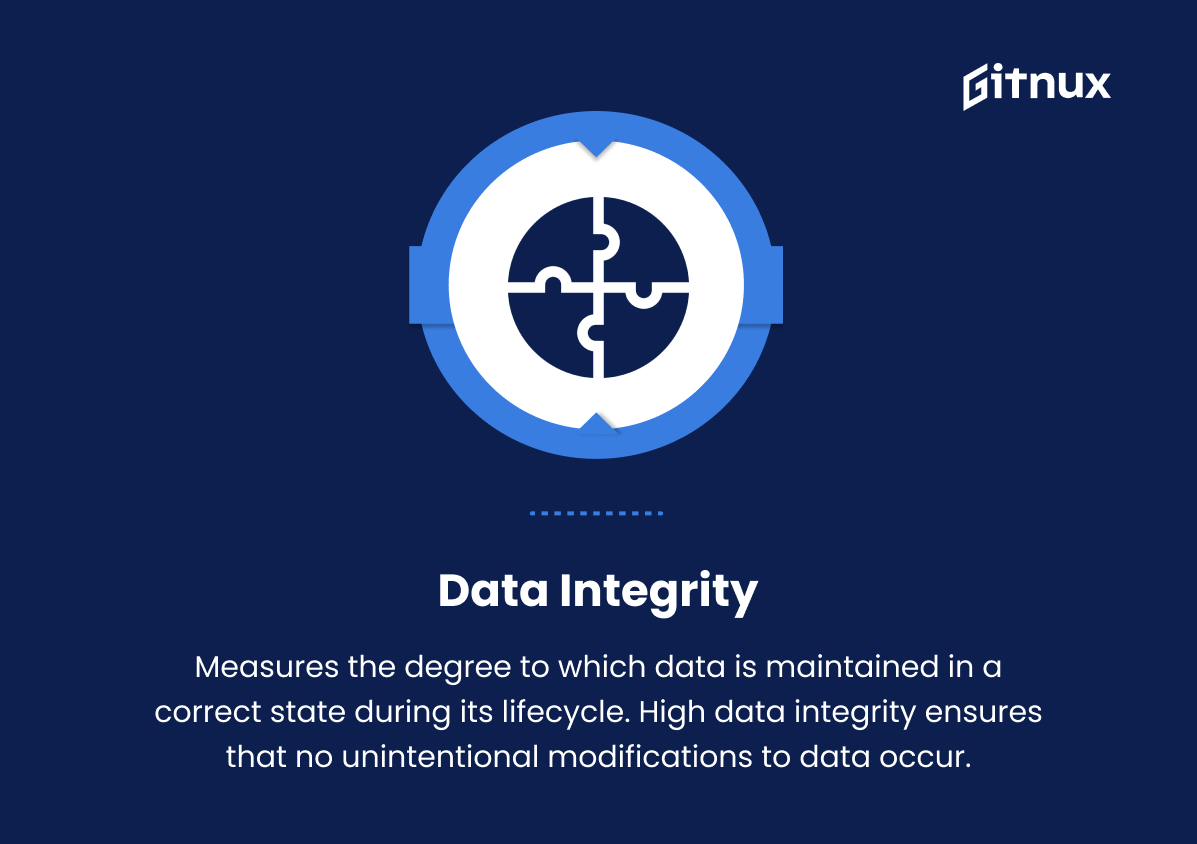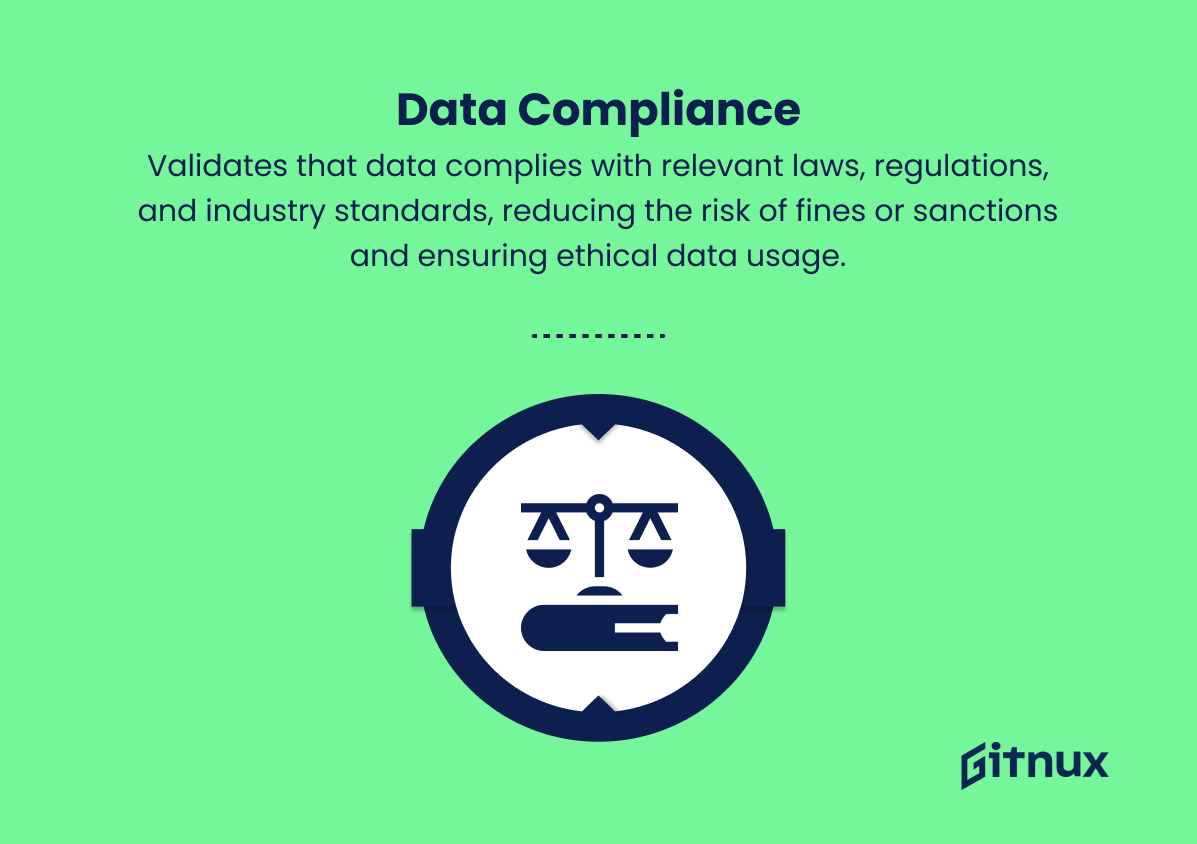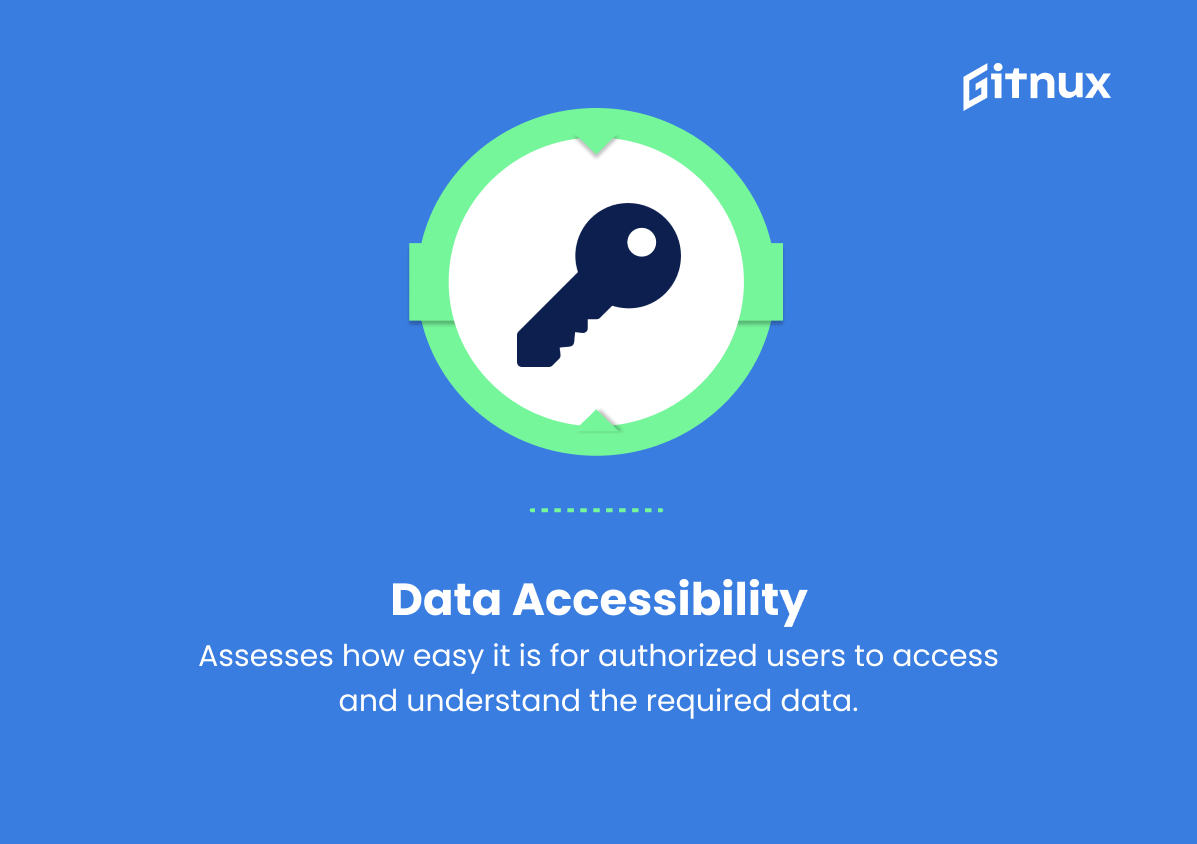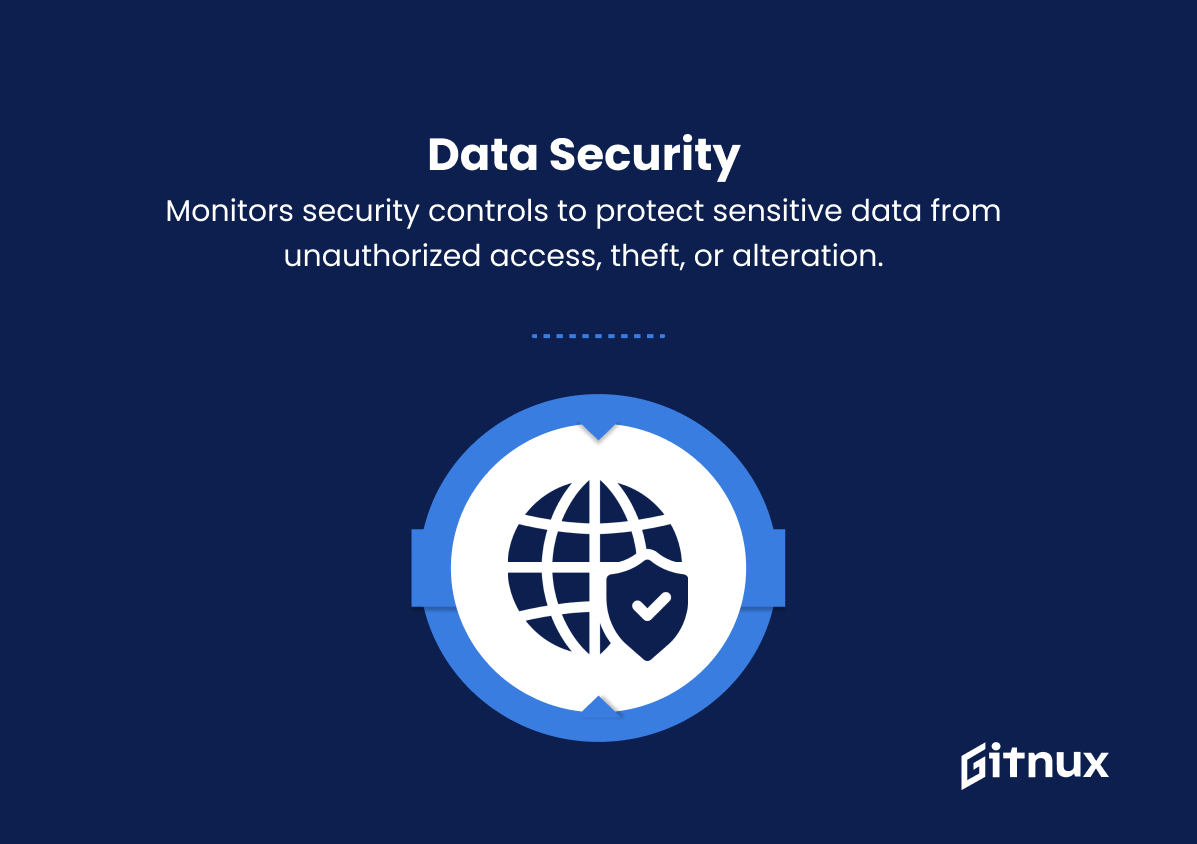In today’s data-driven world, ensuring the accuracy, consistency, and reliability of data has become an integral aspect of business success. Data Quality Key Performance Indicators (KPIs) are essential tools for organizations to measure the effectiveness of their data management efforts and identify areas for improvement.
As the cornerstone of data governance and compliance, mastering these KPIs is crucial for businesses seeking to harness the power of data analytics and derive maximum insights from their data sets. In this blog post, we will explore the most important Data Quality KPIs, uncovering their significance, and providing guidance on how to optimize your organization’s data quality for a more informed decision-making process.
Data Quality KPIs You Should Know
1. Data Accuracy
Measures the degree to which data accurately represents real-world values. High data accuracy ensures that decisions made using the data are trustworthy and reliable.
2. Data Completeness
Evaluates the extent to which data elements are fully provided, with no missing values. Missing data can lead to incorrect or incomplete analysis and decision-making.
3. Data Consistency
Assesses the level of harmony among different datasets, ensuring that data is stored, defined, and represented in the same way across all sources. This KPI prevents confusion and discrepancies in decision-making.
In today’s data-driven world, ensuring the accuracy, consistency, and reliability of data has become an integral aspect of business success.4. Data Timeliness
Refers to the availability of data when it is needed, making sure that the speed of data delivery meets the expectations of users. Timely data ensures that decision-makers have access to the most current information.
5. Data Uniqueness
Monitors duplicate records within datasets. Minimizing duplicate data is essential for accurate analysis and reducing storage costs.
Data Quality Key Performance Indicators (KPIs) are essential tools for organizations to measure the effectiveness of their data management efforts and identify areas for improvement.6. Data Relevancy
Verifies that the data being collected and maintained is pertinent to the organization’s goals and objectives. This KPI ensures that data analyses are based on appropriate and actionable data elements.
7. Data Integrity
Measures the degree to which data is maintained in a correct and stable state throughout its lifecycle. High data integrity ensures that no unintentional modifications to data occur during storage, retrieval, and processing.
8. Data Compliance
Validates that data complies with relevant laws, regulations, and industry standards, reducing the risk of fines or sanctions and ensuring ethical data usage.
9. Data Accessibility
Assesses how easy it is for authorized users to access and understand the required data. Improving data accessibility streamlines the discovery, extraction, and use of data for decision-making purposes.
10. Data Security
Monitors security controls and measures to protect sensitive data from unauthorized access, theft, or alteration. This KPI is essential for building trust and maintaining the privacy of users’ information.
Data Quality KPIs Explained
Data Quality KPIs are critical for organizations to effectively manage and utilize their data for informed decision-making. High data accuracy ensures that data accurately represents real-world values, allowing for trustworthy and reliable decisions. Data completeness evaluates the extent of data provided, enabling accurate analysis, whereas data consistency ensures harmony among datasets, preventing confusion and discrepancies.
Timely data delivery through data timeliness ensures access to current information, while data uniqueness minimizes duplicates for accurate analysis and reduced storage costs. Assessing data relevancy guarantees that data is pertinent to organizational goals, and maintaining data integrity safeguards its correctness and stability. Ensuring data compliance with relevant laws and regulations reduces risks and promotes ethical usage.
Data accessibility streamlines data discovery and extraction for decision-makers, and implementing strong data security measures protects sensitive data from unauthorized access, reinforcing trust and privacy.
Conclusion
In conclusion, Data Quality KPIs play a pivotal role in ensuring the reliability, accuracy, and consistency of the data used by organizations to make well-informed decisions. By continually monitoring and measuring these key performance indicators, companies can identify areas for improvement and optimize their data management strategies.
Implementing a robust data quality framework that includes these KPIs will not only help streamline operations but also contribute significantly to achieving long-term success and growth. Remember, high-quality data serves as the backbone of any effective business strategy, and leveraging data quality KPIs will ultimately drive data-driven innovation and overall organizational success.
